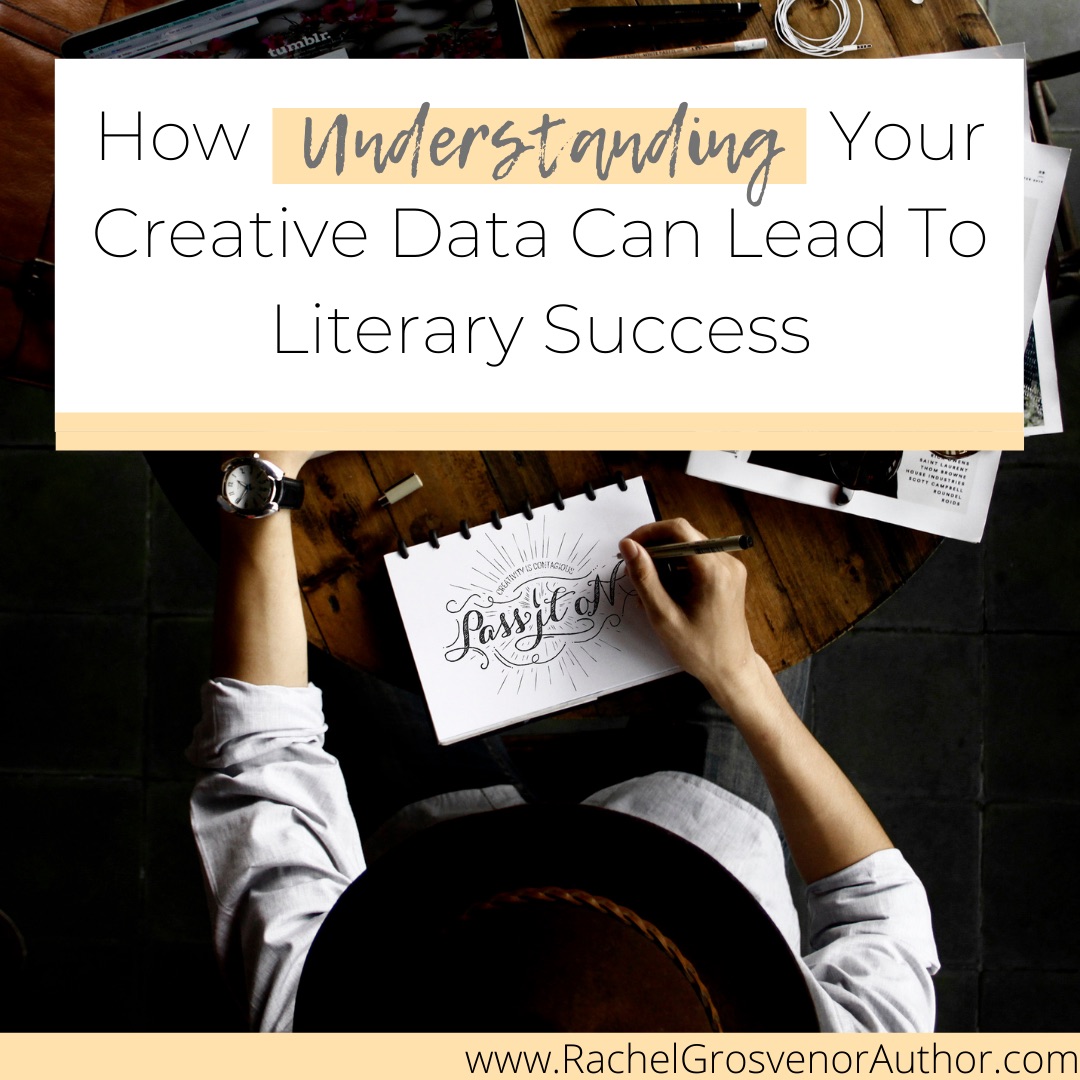First, let’s talk about why you might be interested in doing this. If you have a novel and it’s completed (you’ve edited it, taken it through a few drafts, and you’re feeling good about its condition), you might be thinking about or currently querying. A 1:1 with a literary agent can be so helpful for a few reasons.
- They give you valuable feedback on your query package. As these are the people receiving queries, they are the experts! Their feedback will help you improve.
- They can give you insider advice. Agents are up to date on literary market trends, publisher preferences, and more. All of this information can increase your chances of getting published!
- To build a relationship. You’re not going to become best friends over a 15-minute phone call, but talking to an agent who represents your genre and having the opportunity to discuss your work with them is more impactful than sending an email. First of all, you are guaranteed their attention – and that’s huge. Often, submissions will be reviewed by an assistant first and won’t even make it to the agent you are contacting, so having the opportunity to talk to the agent you are querying is so valuable.
If you’re ready to book that 1:1 – here are some options on how to do it:
- Literary festivals. At literary festivals, you have the opportunity to pre-book (rarely is it first come, first serve on the day, so always pre-book) a face-to-face 1:1 with an agent. Festivals such as:
The London Festival of Writing
How to Hook an Agent Event by Bloomsbury Publishing
- Online. Various writing organisations offer 1:1 sessions over the phone or on software such as Zoom. You can peruse the agents available to make sure that you will be speaking with someone who represents your genre. Here are a few:
- Query. Querying is the traditional way to get an agent 1:1. The above ways are guaranteed because you book them in advance, but querying can lead to a chat with your chosen literary agent. Want to know more about querying? Check out the following blog posts:
3 Things to Avoid When Querying Literary Agents






